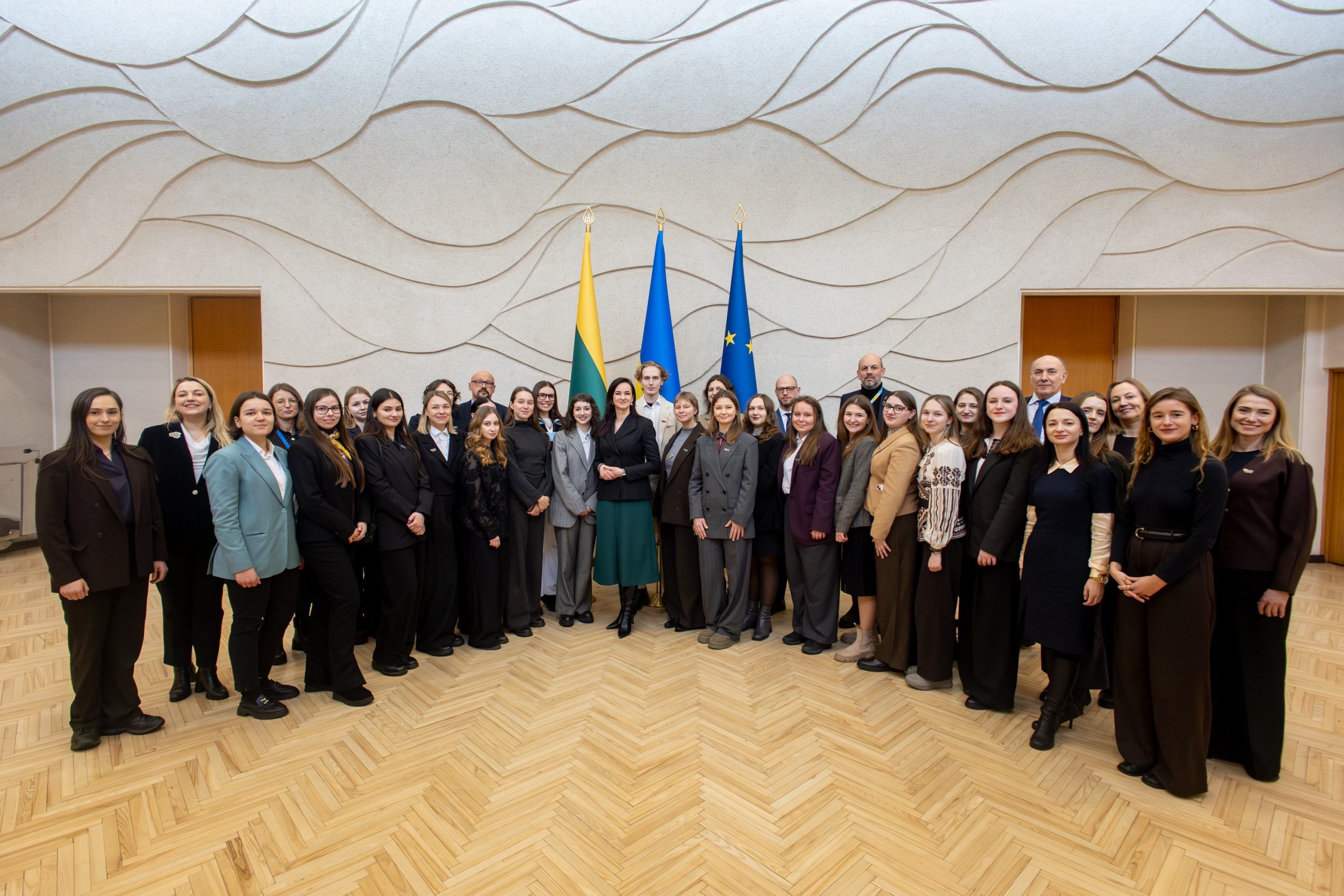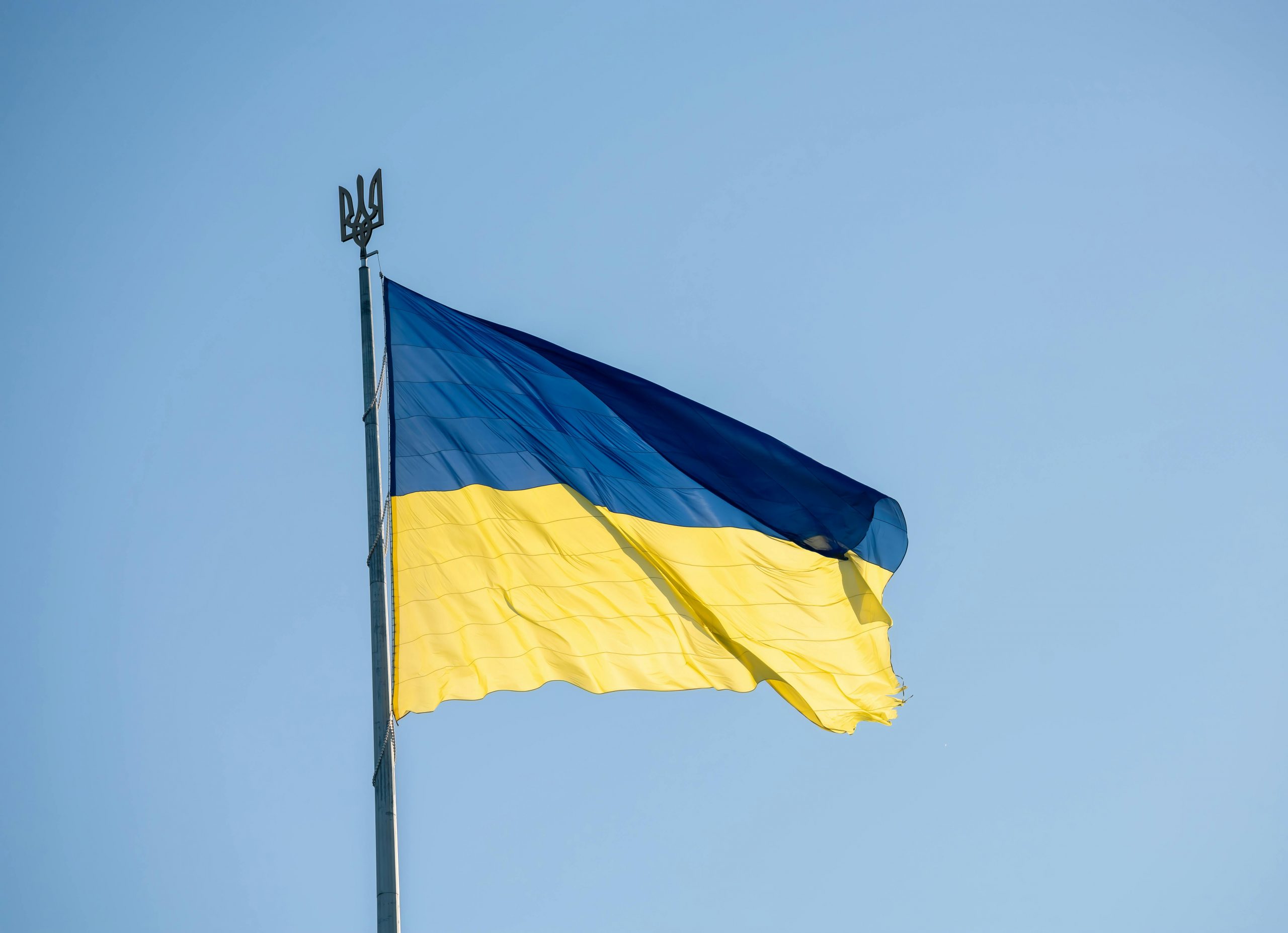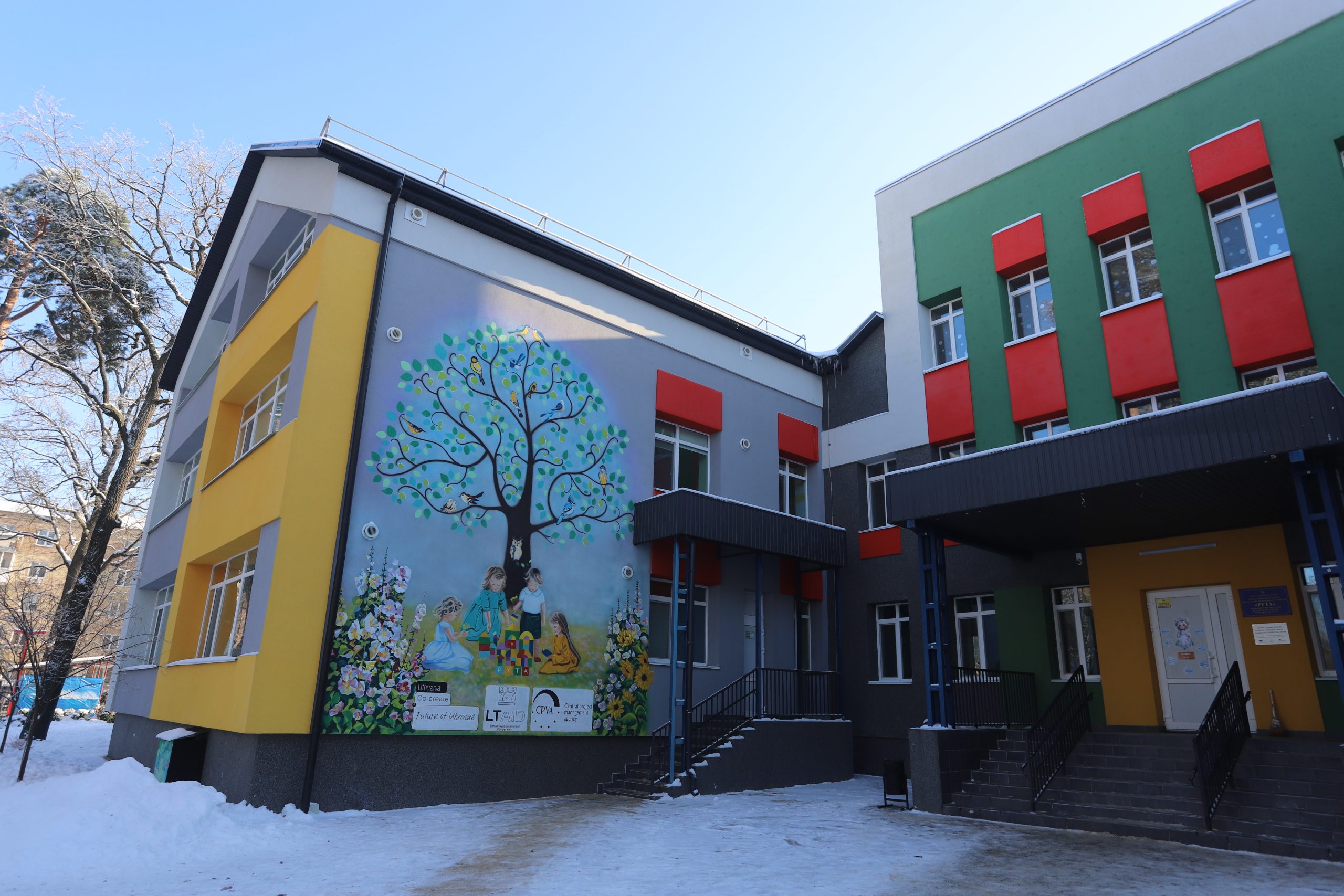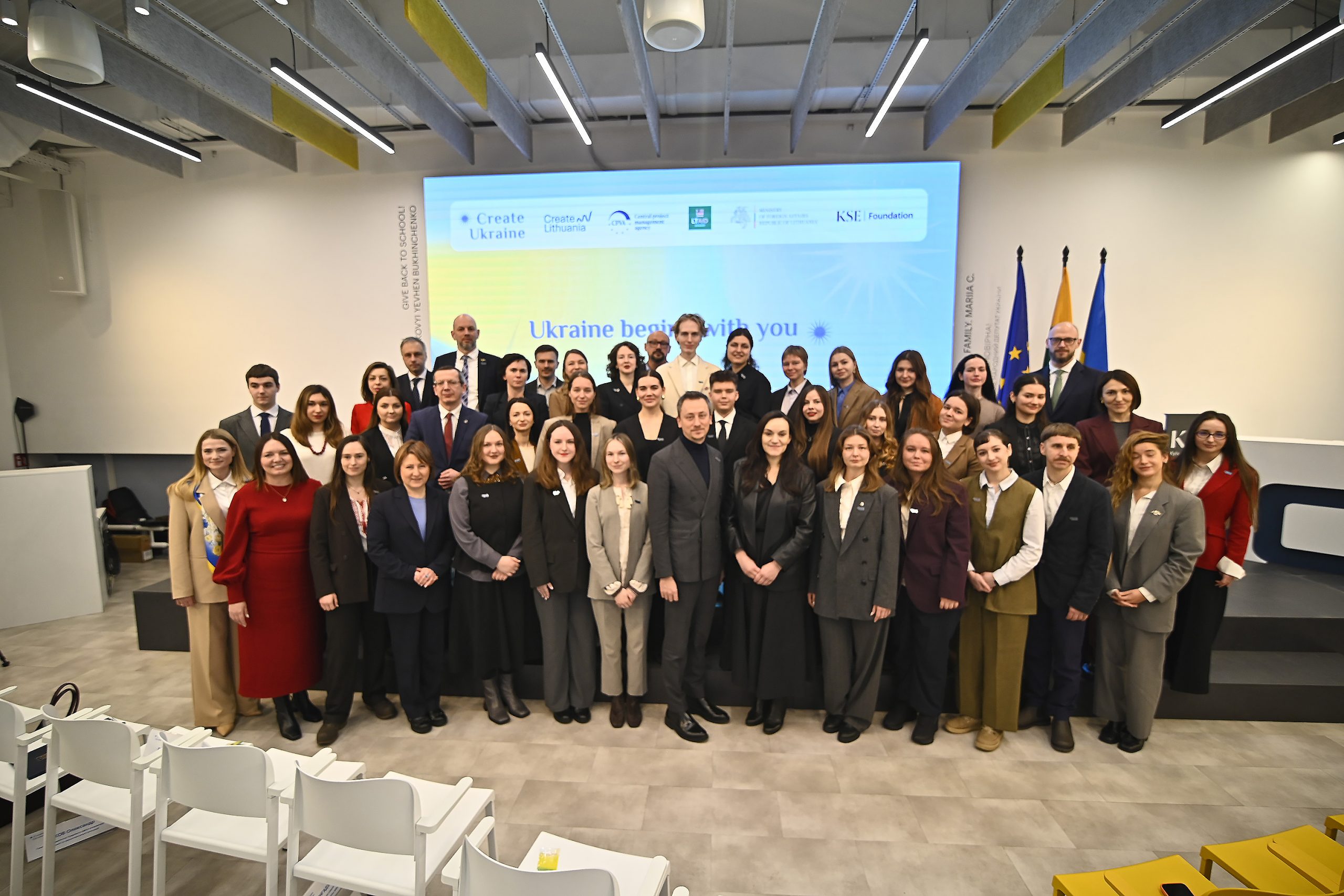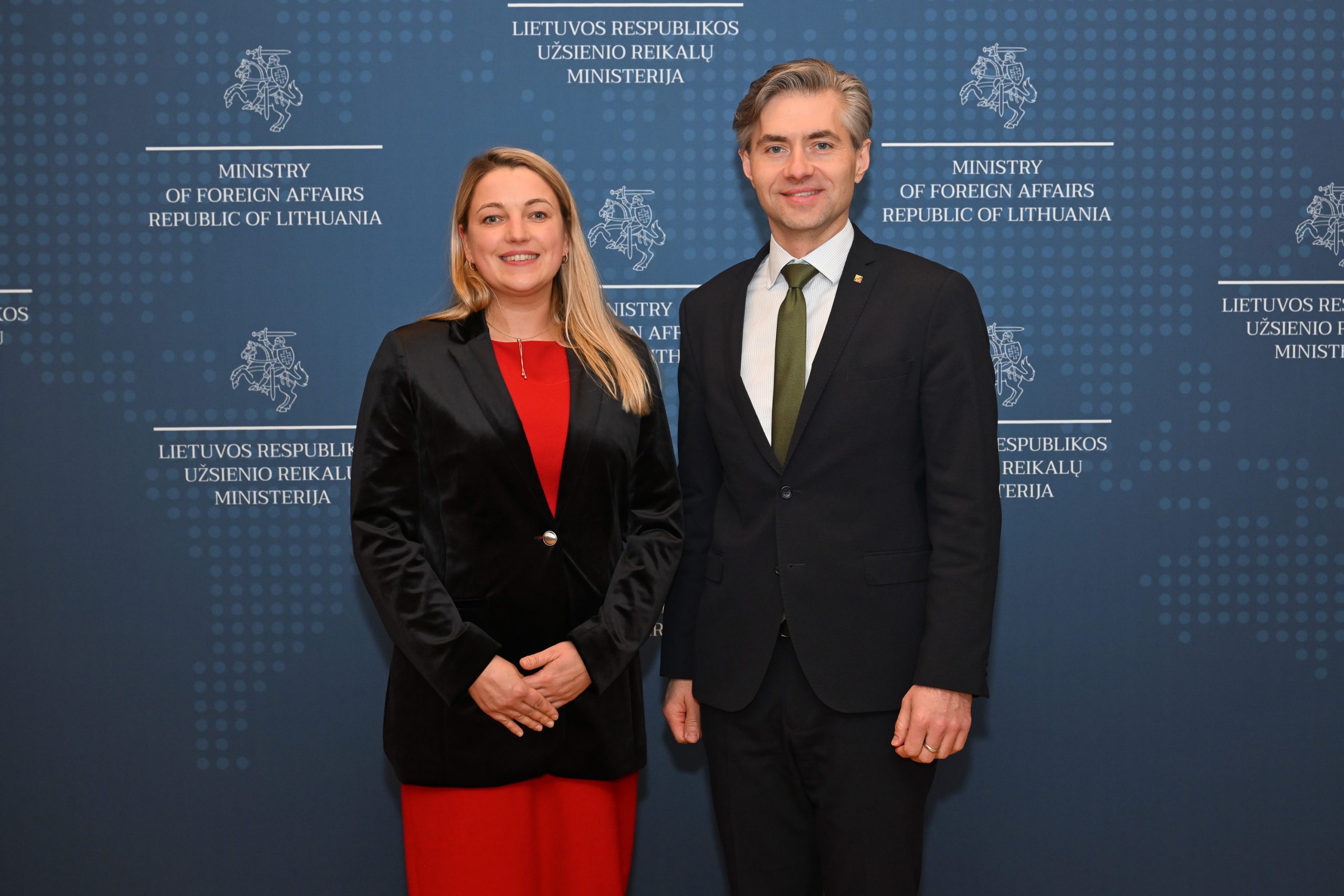Elena Radița is a community mediator in the village of Mihaileni, Republic of Moldova, where she has been supporting and facilitating interaction between the Roma community and public authorities since 2016. Elena also guides Roma youth towards a more stable future by promoting opportunities for labour market integration, personal and professional development. In order to better understand how to overcome barriers to social and economic integration of young Roma NEETs in Moldova, Elena recently participated in the training “Outreach services for young Roma NEETs” organised by the EU4Youth Phase III programme: Youth Employment and Entrepreneurship.
The training brought together representatives of public authorities and community mediators and focused on identifying barriers to the social and economic integration of young Roma NEETs in Moldova. Participants explored effective ways to improve communication with young Roma and facilitate their access to education, training and employment.
“The National Roma Centre invited me to participate in this training and I accepted, mainly because it is a topic that I am very interested in – employment. It is relevant to my work in the community. I work with the authorities and all the local actors, especially with ANOFM, and I think it is very important to work together because we, the mediators, are the point of contact between the authorities and the Roma community. If you are informed, if you know all the possibilities of cooperation, if you have all the information, you go into the community and you know how to talk to the beneficiaries, how to guide them, how to find solutions to their problems.”
Elena has long understood that change begins with education. When she started working as a community mediator in the town of Riscani, only 39 Roma children were attending school, and many of them were frequently absent. Today, more than 100 Roma children are enrolled and actively learning in high school. It has not been easy, but through public lessons, trainings and meetings with parents, she has managed to convince families that school is not an obstacle, but an opportunity to build a better future for their children.
“My greatest achievement has been to get Roma children into school, because education is where it all starts. We, the mediators, know the situation in our communities, we know the children, we encourage them to go to school. And we are successful, we can already see young people getting involved, taking part in trainings and starting to make a better way for themselves.”
Building trust – an ongoing process for a community mediator
The role of a community mediator is not just to pass on information. It is also about building trust – between people and authorities, between parents and schools, between young people and their future. But trust doesn’t come overnight. Elena has earned the respect of the community through years of hard work and dedication.
“To have the community on your side, you have to have credibility, which you get when you show that you are not indifferent to their problems, but that you are receptive when they need support, help, and you support them, guide them, find solutions to their problems together. It is through these results and successes that you gain trust. And when you have the community by your side, but also when you have the support of the public authorities, of the city hall, it’s easier to work. We can’t make the decisions, but we can find solutions and point the beneficiaries in the right direction.
For Elena, training sessions such as ‘Outreach services for NEET Roma youth’ are valuable tools for improving working methods and finding new solutions to community challenges.
“It is all well and good to have theory, but in order to understand the theory, you have to apply it, which is what we did in this session. If there are more events like this, I will definitely come again, because as community mediators we are not only helpful to the Roma community, but also to the authorities. Over the years we have managed to do great things. We have been involved in projects, we have shown that we can implement them, that we can do something useful for our communities. If you want to do something, if you are motivated and involved, you will succeed.”
The EU4Youth Phase III Youth Employment and Entrepreneurship programme, funded by the European Union and the Ministry of Foreign Affairs of Lithuania, is being executed by the Central Project Management Agency (CPVA) in Eastern Partnership countries. These include Armenia, Azerbaijan, Belarus, Georgia, Moldova, and Ukraine. The programme will run until the middle of 2025 and aims to provide technical assistance to governmental and non-governmental organisations to tackle youth unemployment and improve employability.
canva.com nuotr.

